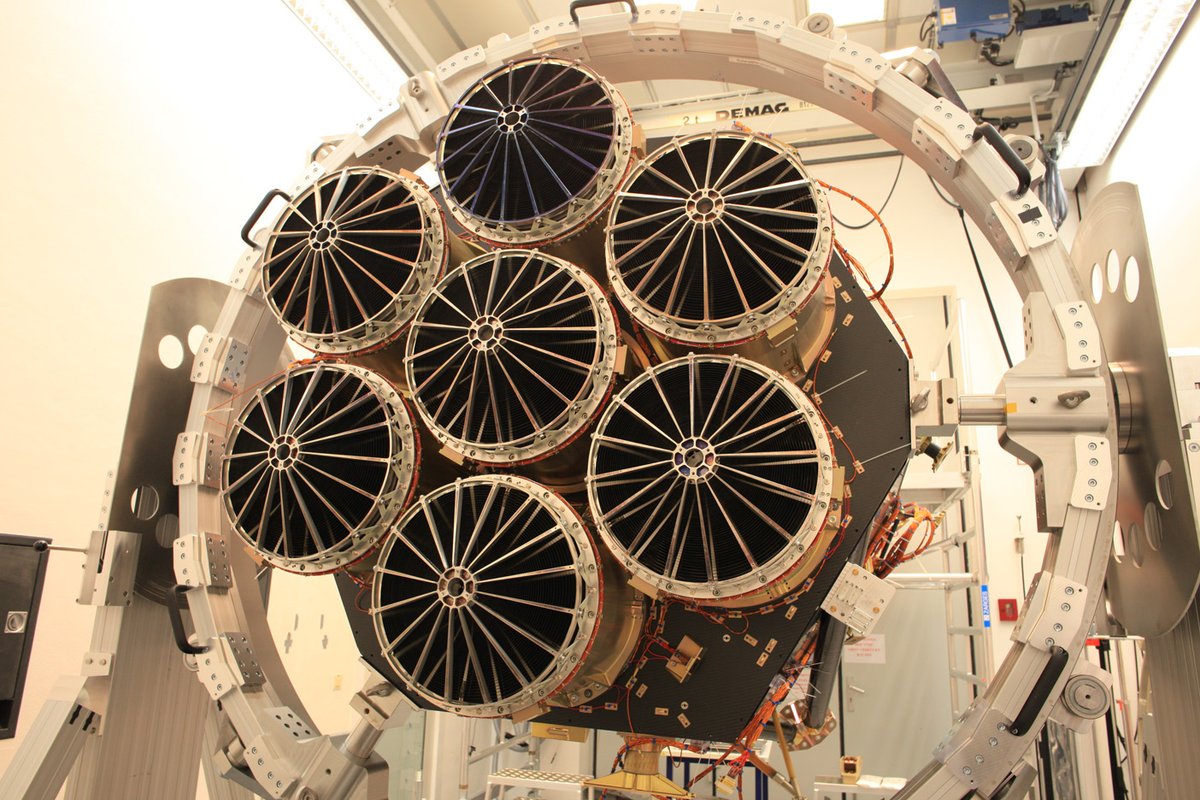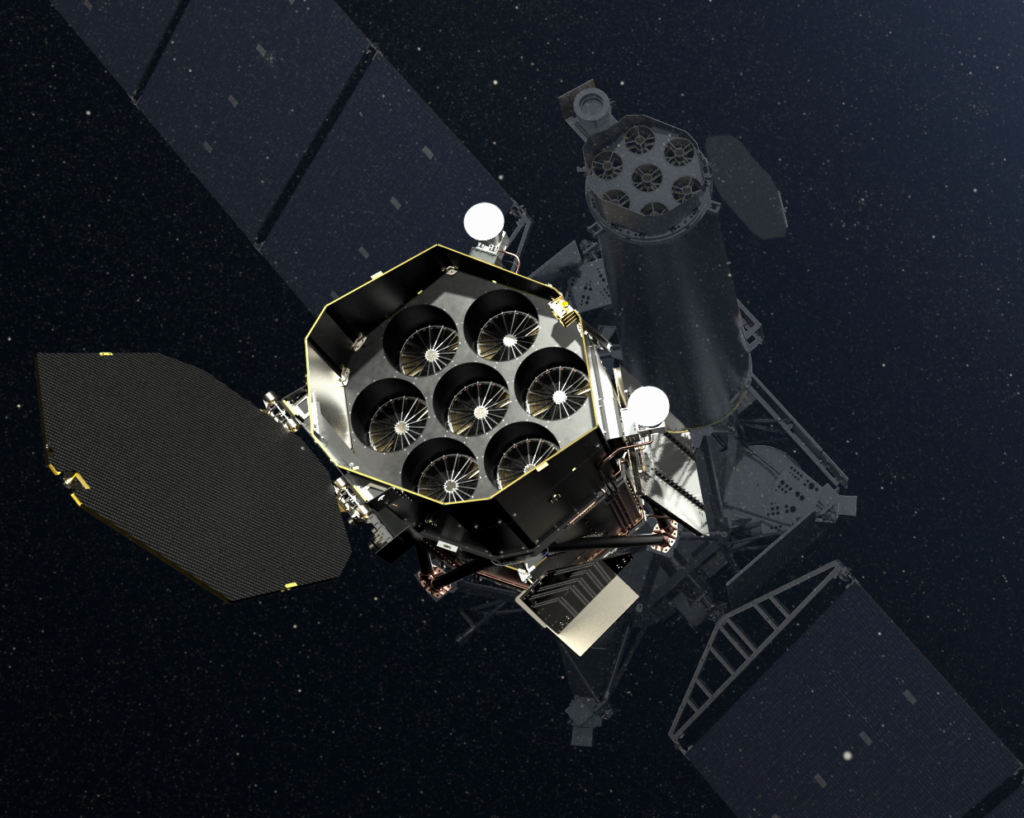The head of Roscosmos, Dmitry Rogozin, said that he had given instructions to “restore the work” of the German eROSITA telescope, which is on board the Spektr— RG space observatory. This is done both against the will of the owners of the instrument and the opinion of Russian scientists.
Aims and objectives of the eROSITA Telescope
eROSITA was designed by the Max Planck Institute for Extraterrestrial Physics. The telescope was designed to study the sky in the soft X-ray range (from 0.2 to 10 keV). The mission of the instrument was designed for seven years. In its course, eROSITA had to scan the sky eight times. The main scientific purpose of the telescope was to determine the characteristics of the mysterious dark energy through the structure and history of the Universe, tracked by galaxy clusters.

By the end of 2021, eROSITA had completed four sky scans. During their course, the telescope detected over a million quasars and twenty thousand massive clusters of galaxies located at cosmological distances. Also on its map were more than three hundred thousand stars of our Galaxy with hot corona, like the Sun, but hundreds and thousands of times brighter in X-rays. It also managed to detect the most powerful known quasar with a record redshift.
In 2022, eROSITA began its fifth sky scan. However, the tool never brought it to the end. After the start of Russia’s large-scale invasion of Ukraine, German scientists turned off the telescope in protest and unwillingness to cooperate with the aggressor country.
Unauthorized activation of the eROSITA telescope
But it is no secret that the Russian authorities do not care about any international agreements and legal norms. On June 4, the head of Roscosmos, Dmitry Rogozin, said that he had instructed to re-enable eROSITA, citing scientific considerations.

Since eROSITA belongs to the German side, which does not give permission to resume its work, from a legal point of view, this step is tantamount to theft. The Russian scientists participating in the project understand this perfectly well — as well as the enormous damage such a step will cause to the remnants of Russia’s reputation in the scientific world. But since they cannot directly protest in the conditions of censorship, they have to use the most streamlined wording. Thus, Academician Rashid Syunyaev, the project manager, said that the resumption of eROSITA’s work is possible only with the approval of the German side, and uncoordinated actions can lead to a breakdown of the device. He also added the following: “It is necessary to explain, to hold negotiations so that both sides understand that in the distant future — in 10-20-30 years — it will be possible to put foreign devices of the exstraclass on our satellites again and actions with them will be at least coordinated.”
But judging by Rogozin’s subsequent statements, the Russian authorities are going to ignore the opinion of their scientists and turn on eROSITA. And in this case, Russian science will most likely have to forget about hopes for a long time in the foreseeable future to start placing foreign devices on its satellites again.
Follow us on Twitter to get the most interesting space news in time
https://twitter.com/ust_magazine
